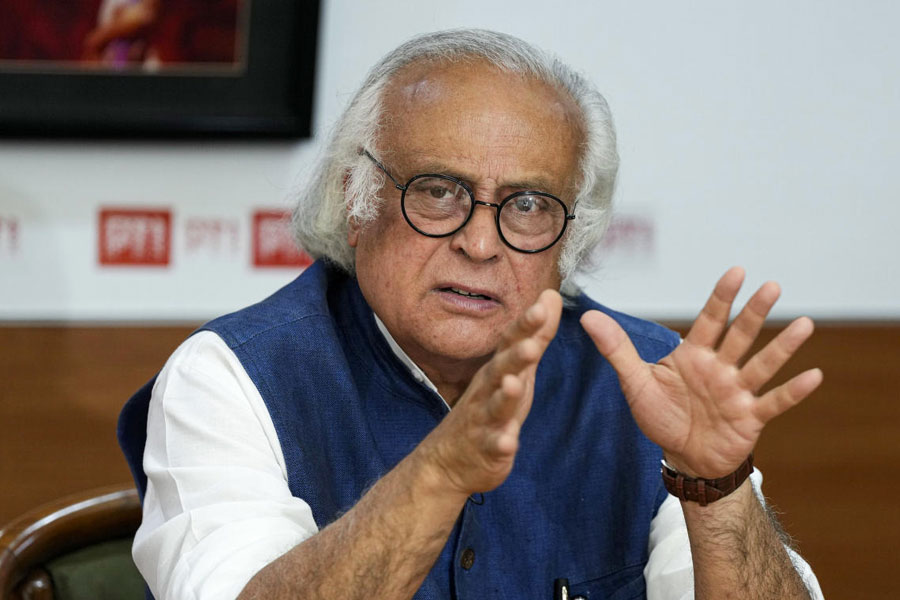Congress leader Jairam Ramesh on Monday continued to attack Narendra Modi over what the prime minister said in the three-hour-plus podcast with Lex Fridman.
Given India’s current challenges and the volatile situation in the neighborhood there should be "minimum self-glorification and maximum governance," the Opposition leader posted on X.
"Almost a year ago, he said he was non-biological. Now he says that he believes in the 1+1 theory: 1 in Modi and the other 1 is divine. He is saying these things when the economy is facing grave challenges, our neighbourhood is volatile and the world order is becoming unstable. There should be minimum self-glorification and maximum governance," he wrote.
In another post, Ramesh wrote: “Mr. Modi clearly is going out of his way to keep Mr. Trump in good humour. He says international organisations, from which India has benefitted immensely, have become irrelevant. This is the US President's language. In fact, it is Mr. Trump who is doing his best to make them irrelevant and now Mr. Modi is repeating 'his good friend's' chant.
“Is the WHO not good for India? Is the WTO not good for India? Is the Paris Agreement on Climate Change not good for India? Has the UN, inspite of all its weaknesses, not provided for opportunities for Indian peacekeepers abroad?”
He added: “Multilateralism needs reforms but does not deserve wholesale condemnation of the type President Trump and Prime Minister Modi are indulging in.”
In the conversation with Fridman, Modi discussed a wide range of foreign policy issues and shared personal insights into his life journey.
Modi praised the RSS for instilling patriotic values in him, celebrated Mahatma Gandhi’s legacy, and portrayed himself as a peacemaker who has encouraged both Russian and Ukrainian leaders to engage in negotiations.
In a post on Sunday night, Ramesh had criticised the Prime Minister, accusing him of "hypo(d)crisy" for avoiding press conferences while finding comfort in speaking to a US podcaster.
He had also targeted Modi for his statement that "criticism is the soul of democracy," accusing him of "demolishing" the very institutions that are meant to hold his government accountable and for going after critics "with a vengeance."










